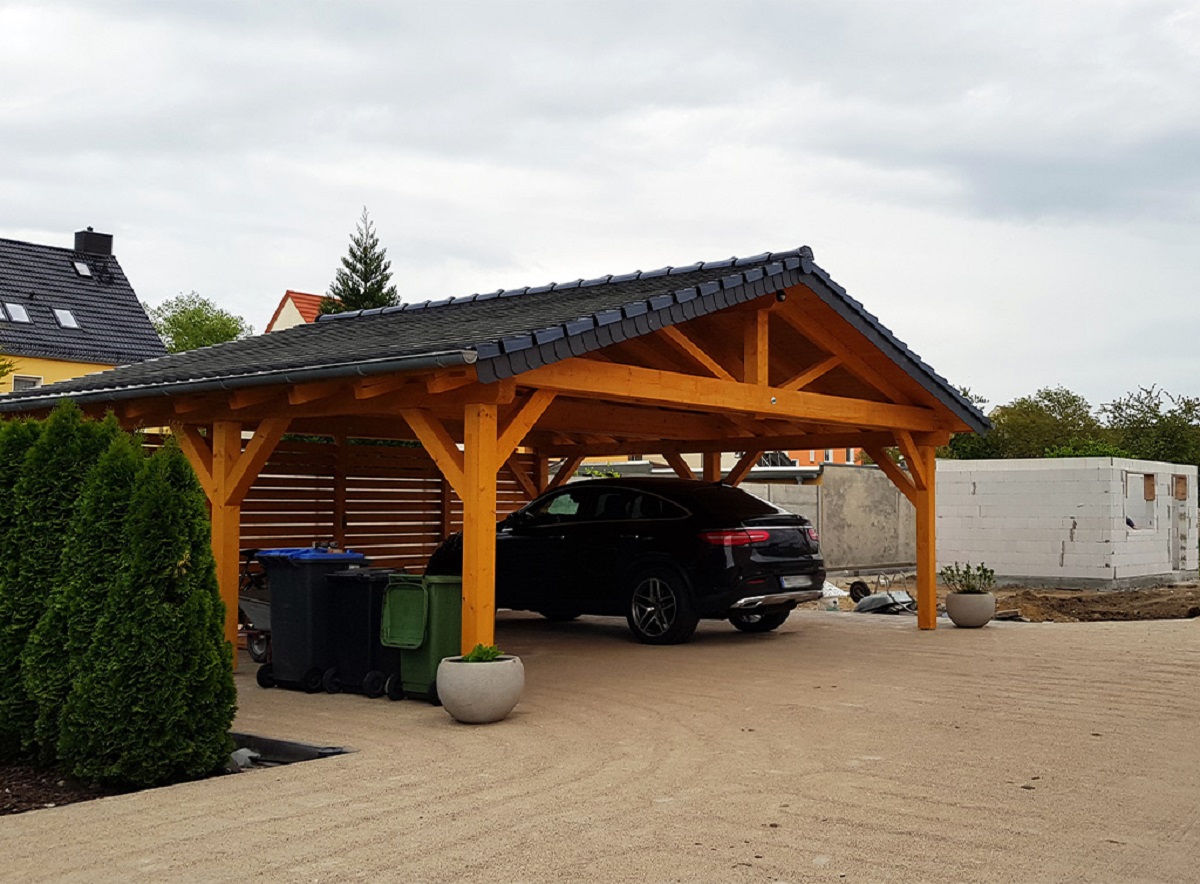

Articles
How Much Does A Carport Cost
Modified: January 6, 2024
Looking for articles on carport cost? Discover the average prices and factors that affect the cost of carports in this informative guide.
(Many of the links in this article redirect to a specific reviewed product. Your purchase of these products through affiliate links helps to generate commission for Storables.com, at no extra cost. Learn more)
Overview
A carport is a structure designed to provide covered parking for vehicles, protecting them from various weather conditions such as rain, snow, and sun exposure. It is a cost-effective alternative to building a traditional garage, offering convenience and protection for your vehicles without the need for a fully enclosed space.
Carports can be made from a variety of materials, such as wood, metal, or even fabric. They are available in various sizes and designs to suit different needs and preferences. Additionally, carports can be customized with additional features, such as storage units or solar panels, to maximize their functionality.
When it comes to determining the cost of a carport, there are several factors to consider. These factors include materials, size, design options, additional features, permits, and installation costs. By understanding how these factors affect the overall cost, you can make an informed decision that fits your budget and requirements.
It’s important to note that the cost of a carport can vary significantly depending on your location, the complexity of the design, and the materials used. Additionally, prices may fluctuate over time due to changes in material costs and market conditions.
In this article, we will delve into the various factors that can impact carport costs, explore different material options and customization features, compare carport costs with other structures, and provide tips for saving money on carport installation.
By the end of this article, you will have a comprehensive understanding of how much a carport can cost and be well-equipped to make an informed decision when it comes to installing one for your vehicles.
Key Takeaways:
- When considering the cost of a carport, factors such as materials, size, design options, additional features, permits, and installation costs play a crucial role. Understanding these factors helps in making informed decisions that align with budget and requirements.
- To save money on carport installation, consider obtaining multiple quotes, exploring alternative materials, and prioritizing necessary features. Researching local regulations and regular maintenance also contribute to cost-effective carport solutions.
Read more: How Much Does It Cost To Build A Carport
Factors Affecting Carport Costs
Several factors can influence the cost of a carport. Understanding these factors will help you determine the overall cost and make decisions that align with your budget and requirements.
1. Materials: The material used for the carport significantly impacts its cost. Common materials include wood, metal (such as steel or aluminum), and fabric. Wood offers a traditional and aesthetically pleasing option but can be more expensive and require more maintenance. Metal carports are durable and require less maintenance, while fabric carports are lightweight and more affordable.
2. Size and Design Options: The size of the carport plays a crucial role in its cost. Larger carports will require more material and labor, resulting in higher costs. Additionally, the design complexity, such as a gabled or flat roof, can affect the pricing. Custom designs with unique features or architectural details may also incur additional costs.
3. Additional Features and Customizations: Carports can be customized with various features to enhance their functionality. Additional features like enclosed storage units, lighting, ventilation, or even solar panels can increase the cost of the carport. These customizations offer added convenience and value but also impact the overall price.
4. Permits and Installation Costs: Before installing a carport, you may need to obtain permits from your local authorities. Permit costs can vary based on your location and the specific requirements. Additionally, the cost of labor for installation will contribute to the overall carport costs. Hiring professionals for installation ensures proper assembly and may be included in the overall package price.
5. Location: The cost of materials and labor can vary depending on your geographical location. Prices may fluctuate due to shipping costs, local market conditions, and availability of materials. Consider researching local suppliers to get accurate pricing information for your area.
It is important to note that these factors are interrelated. For example, choosing a larger size or more complex design may require higher-grade materials, which can increase the overall cost. Similarly, additional features and customizations can add to the final price tag.
By considering these factors and evaluating your needs and budget, you can determine the best options for your carport and make an informed decision while managing costs effectively.
Material Costs
The choice of materials for your carport will have a significant impact on its overall cost. The three primary materials used for carports are wood, metal, and fabric. Each material offers its own advantages and price points, allowing you to choose the option that best fits your budget and preferences.
1. Wood: Wood is a popular choice for carports due to its natural and timeless appeal. It offers a classic and aesthetically pleasing look that can blend well with various architectural styles. However, wood carports tend to be more expensive compared to other materials. The cost of wood largely depends on the type of wood used, such as cedar or redwood, as well as its quality and availability. Additionally, wood carports require regular maintenance, including staining or painting, to protect against rot and other types of damage caused by weather exposure.
2. Metal: Metal carports, such as those constructed with steel or aluminum, are renowned for their durability and low maintenance requirements. They offer excellent protection against the elements and can withstand harsh weather conditions. The cost of metal carports varies depending on the type of metal used and its gauge or thickness. Steel carports are generally more expensive than aluminum, but they are also sturdier. Aluminum carports, on the other hand, are lighter in weight, making them easier to install. Metal carports are available in a range of styles and finishes, allowing you to find an option that suits both your needs and budget.
3. Fabric: Fabric carports, also known as carport canopies or portable carports, are a more affordable option compared to wood or metal. They consist of a sturdy metal frame covered with a fabric canopy. Fabric carports are lightweight, easy to set up, and provide decent protection against the elements. The cost of fabric carports is primarily influenced by the size and quality of the frame and the material used for the canopy. While fabric carports are more budget-friendly, they may not be as durable as wood or metal carports, and the canopy material may need to be replaced over time.
In general, metal carports tend to offer the best balance between cost, durability, and maintenance requirements. Wood carports are more expensive but provide a more visually appealing option for those desiring a traditional look. Fabric carports are the most affordable, making them a suitable choice for those on a tight budget or seeking a temporary solution.
It is important to assess your needs, budget, and the specific requirements of your location when deciding on the right material for your carport. By understanding the cost implications of each material option, you can make an informed decision that meets both your financial and aesthetic preferences.
Size and Design Options
When it comes to carports, the size and design options play a crucial role in determining the overall cost. The size of the carport is typically measured by its width, length, and height, with larger dimensions requiring more materials and labor, thereby increasing the cost.
1. Width and Length: The width and length of a carport are determined by the number and size of vehicles you intend to park underneath it. A single-car carport will be smaller in size compared to a double or triple carport. Additionally, if you plan to use the carport for purposes other than parking, such as providing space for outdoor gatherings or storage, you may opt for a larger size. Keep in mind that larger carports will come at a higher cost due to the increased materials and labor required for construction.
2. Height: The height of the carport is another factor to consider. A standard carport typically has a height ranging from 7 to 9 feet, providing enough clearance for most vehicles. However, if you have larger vehicles or intend to use the carport for recreational vehicles (RVs) or boats, you will need to choose a taller carport that provides ample clearance. Keep in mind that a taller carport will require additional materials and may impact the overall cost.
3. Design Options: Carports come in various designs, allowing you to choose one that matches your existing architecture or personal style preferences. Some popular design options include gabled roofs, flat roofs, or combinations of both. Gabled roofs offer a more traditional and aesthetically appealing look, while flat roofs provide a modern and minimalist appearance. Customized designs or architectural details, such as decorative trims or columns, may also increase the overall cost of the carport.
In addition to size and design, it is important to consider factors such as wind and snow load requirements, local building codes, and any structural considerations specific to your location. These factors may influence the design options available to you and potentially impact the overall cost.
When deciding on the size and design options for your carport, consider your specific needs, available space, and budget. By carefully assessing these factors, you can select the most suitable size and design that meet your requirements while ensuring an efficient use of resources and managing costs effectively.
Additional Features and Customizations
Carports can be customized with various additional features and customizations to enhance their functionality and meet specific needs. While these features can add to the overall cost of the carport, they provide added convenience, versatility, and value. Here are some popular options to consider:
1. Enclosed Storage Units: If you require extra storage space, you can add enclosed storage units to your carport. These units can be integrated into the structure or placed adjacent to the parking area. They provide a secure space to store tools, equipment, and other belongings, eliminating the need for separate storage sheds.
2. Lighting: Adding lighting to your carport can improve visibility and security, especially during nighttime parking or outdoor activities. Installations such as overhead lighting, motion-activated lights, or solar-powered lights can be included in the carport design.
3. Ventilation: Depending on the climate and the purpose of the carport, you may want to include ventilation options. Vents or openings can help with air circulation and prevent condensation, keeping the interior of the carport fresh and dry.
4. Solar Panels: If you want to maximize the functionality of your carport, consider integrating solar panels. Solar carports can generate electricity, providing a renewable energy source for your home or electric vehicles. While the initial installation cost may be higher, solar panels can lead to long-term energy savings and environmental benefits.
5. Rainwater Harvesting: Carports with built-in rainwater harvesting systems enable you to collect and store rainwater for various purposes such as gardening or household use. By incorporating a rainwater collection system into your carport, you can conserve water and reduce your utility bills.
6. Custom Designs and Architectural Details: If you want a carport that stands out or complements the style of your home, consider custom designs and architectural details. These can range from decorative trims and columns to unique roof shapes or personalized finishes. Customizations allow you to create a carport that perfectly matches your aesthetic preferences.
It is important to keep in mind that each additional feature or customization will increase the cost of the carport. When choosing these options, carefully consider their practicality, functionality, and alignment with your budget. A balance between desired features and affordability is key to achieving a carport that meets your needs and adds value to your property.
When determining the cost of a carport, consider factors such as size, materials, and installation. Metal carports tend to be more affordable than wooden ones, and DIY installation can also save on costs. Researching different suppliers and getting multiple quotes can help you find the best deal.
Permits and Installation Costs
Before you can install a carport on your property, it is essential to obtain the necessary permits and go through the proper approval process. The permitting requirements can vary depending on your location and local building codes. These permits ensure that the carport meets safety and zoning regulations, and the installation is done correctly.
Permit Costs: The cost of permits can vary significantly based on your location and the specific requirements of your local municipality or county. Permit fees may be a flat rate or determined by the size and complexity of the carport structure. It is advisable to contact your local building department or permitting authority to get accurate information about the permit costs associated with installing a carport.
Installation Costs: The installation costs encompass the labor, equipment, and materials required to assemble and erect the carport structure. The complexity of the design, the size of the carport, and the material used will ultimately determine the installation costs. Some carport manufacturers or suppliers may offer installation services included in the overall package price. In other cases, you may need to hire a licensed contractor or experienced professionals to handle the installation, which would incur additional costs.
The installation costs can also be influenced by factors such as site preparation requirements, including site leveling, clearing, and ensuring a proper foundation. Factors like the accessibility of the installation site and the distance from the supplier or manufacturer can impact transportation costs and may affect the final installation price.
It is important to obtain multiple quotes from reputable suppliers or contractors to compare installation costs. Be sure to clarify if the installation costs are included in the overall price or if they will be billed separately.
Working with professionals who have experience with installing carports can ensure that the installation process is done correctly, meeting all safety and installation standards. This will also help you avoid any potential issues or complications that may arise from improper installation.
By factoring in permit costs and obtaining detailed installation quotes, you can accurately assess the overall cost of installing a carport and ensure that your project adheres to local regulations and is executed smoothly.
Average Cost of Carports
The cost of a carport can vary widely depending on several factors, including the size, material, design complexity, additional features, and the region in which you reside. While it is difficult to provide an exact figure, we can provide a general price range to give you an idea of the average cost of carports.
On the lower end of the spectrum, a basic carport made with a fabric canopy and a metal frame can range from $800 to $2,500, depending on its size and quality. These carports are often more affordable and portable, suitable for those on a tighter budget or for temporary use.
Moving up in price, wood carports typically start around $3,000 and can go up to $10,000 or more, depending on the size and quality of the wood. Wooden carports provide a more traditional and aesthetically appealing option, but they also tend to be more expensive and require regular maintenance.
Metal carports are generally priced between $1,000 and $6,000 or more, depending on the size, material, and additional features. Steel carports are usually on the higher end of the price range due to their durability and sturdiness. Aluminum carports are typically more affordable but still offer excellent protection against the elements.
Average carport prices may increase if you choose a larger size or opt for custom designs and architectural details. Adding features like enclosed storage units, lighting, ventilation, or solar panels can also contribute to the overall cost.
It is essential to keep in mind that installation costs and permit fees are not included in these price ranges and should be considered separately. Permit costs vary depending on your location and specific requirements, while installation costs depend on the complexity of the project and whether you choose to hire professionals or install the carport yourself.
When budgeting for a carport, it is recommended to obtain quotes from multiple suppliers or contractors to get a better understanding of the specific costs associated with your desired size, materials, and additional features. This will enable you to make an informed decision and find the best option that aligns with your budget and requirements.
Remember that prices can also fluctuate over time due to changes in material costs, market conditions, and other external factors. It’s always a good idea to conduct thorough research and consult with professionals to get the most accurate and up-to-date pricing information for your specific circumstances.
Cost Comparison with Other Types of Structures
When considering the cost of a carport, it is helpful to compare it with other types of structures that serve similar purposes. Here’s a cost comparison between carports and traditional garages and sheds:
1. Carports vs. Garages: Carports are generally a more affordable option compared to building a traditional garage. The cost of constructing a garage can range from $10,000 to $30,000 or more, depending on factors such as the size, materials, design complexity, and any additional features. Garages provide enclosed and secure spaces but come with a higher price tag due to the extra material and labor required. Additionally, garages may have additional costs for insulation, electrical wiring, and other interior finishes.
2. Carports vs. Sheds: Sheds are standalone structures typically used for storage purposes. While sheds can be a lower-cost alternative to garages, they are usually more expensive than carports. The cost of a shed can range from $2,000 to $10,000 or more, depending on factors such as size, materials, construction quality, and any customizations. Sheds offer enclosed spaces but lack the open-air concept and versatility of carports. Carports, on the other hand, provide sheltered parking and can be customized with additional features like enclosed storage units. Carports are often more cost-effective when it comes to providing covered space for vehicles.
It’s important to consider the specific needs and priorities when comparing the cost of carports with other structures. While carports may not offer the same level of security or storage space as garages, they can provide cost-effective protection for vehicles and other outdoor equipment.
It’s also worth mentioning that carports have the advantage of being more versatile and flexible in terms of their design and placement. They can be freestanding structures or attached to existing buildings, allowing for easy installation and adaptability to different spaces.
When making a cost comparison, factors such as maintenance requirements, durability, and long-term value should also be taken into account. Carports generally have lower maintenance needs compared to garages and sheds, which may require regular upkeep and repairs.
In summary, carports offer a more budget-friendly option compared to traditional garages and sheds when it comes to providing covered parking and protection for vehicles. However, it’s important to assess the specific requirements and desired functionality to determine the most suitable structure for your needs and budget.
Tips for Saving Money on Carport Installation
Installing a carport can be a cost-effective way to provide shelter and protection for your vehicles. If you’re looking to save money on carport installation, consider the following tips:
1. Compare Quotes: Obtain multiple quotes from different suppliers or contractors to compare prices and services. This will give you a better understanding of the average cost in your area and help you find the most competitive pricing. Be sure to evaluate the reputation, experience, and customer reviews of the suppliers or contractors before making a final decision.
2. DIY Installation: If you have the necessary skills and tools, consider installing the carport yourself. DIY installation can save you money on labor costs. However, it’s important to ensure that you have a good understanding of the installation process and that you’re comfortable with the tasks involved. Be sure to carefully follow the manufacturer’s instructions and seek assistance if needed.
3. Opt for Standard Sizes: Customization options can significantly impact the cost of a carport. Choosing standard sizes and designs can help you avoid additional expenses associated with customizations. Standard sizes are typically readily available and may be more affordable since they require less material and labor for production.
4. Consider Alternative Materials: Explore different material options for your carport. While wood and steel carports are popular choices, there may be alternative materials that offer a more cost-effective solution. For example, aluminum carports are often more affordable than steel options, and they still provide durability and protection.
5. Optimize Size and Design: Assess your needs and determine the optimal size and design for your carport. Choosing a smaller size or opting for a simpler design can help reduce costs. Keep in mind that larger or more complex designs require more materials and labor, which can increase the overall price.
6. Avoid Unnecessary Features: Carefully consider the additional features and customizations you truly need. While features like enclosed storage units or solar panels can enhance the functionality of your carport, they also come with additional costs. Prioritize features based on your specific needs and budget to avoid overspending.
7. Research Local Regulations: Familiarize yourself with local building codes and regulations before starting the installation process. Non-compliance with regulations can result in costly penalties or the need for modifications, prolonging the installation timeline and increasing expenses.
8. Regular Maintenance: Once your carport is installed, make sure to maintain it properly. Regular maintenance can extend the lifespan of the carport and reduce the need for costly repairs in the future. Clean the structure regularly, check for any signs of damage, and address them promptly.
By implementing these tips, you can save money on carport installation while still achieving a functional and durable structure to protect your vehicles. Remember to strike a balance between cost-saving measures and the quality and features you require to ensure the best value for your investment.
Read more: How Much Is A Carport
Final Thoughts
Carports offer a practical and cost-effective solution for providing covered parking and protection for your vehicles. By understanding the factors that affect carport costs, such as material choices, size and design options, additional features, permits, and installation costs, you can make informed decisions that align with your budget and requirements.
When considering the cost of a carport, it’s essential to weigh the advantages and disadvantages of different materials. Wood carports provide a traditional and visually appealing option but may require more maintenance and come at a higher cost. Metal carports, such as steel or aluminum, offer durability, low maintenance, and a range of design options. Fabric carports provide an affordable and portable choice but may lack durability compared to wood or metal options.
Size and design options also play a significant role in determining the cost of a carport. Customizations and additional features, such as enclosed storage units, lighting, ventilation, or solar panels, can enhance functionality but come with an increased price tag. It’s crucial to assess your specific needs and budget to determine the optimal size and design for your carport.
When comparing carport costs with other structures like garages or sheds, remember that carports provide an affordable option for covered parking, while garages and sheds offer enclosed spaces with additional benefits. Consider your storage and security requirements to make the right choice for your needs and budget.
To save money on carport installation, obtain multiple quotes, consider DIY installation if you have the skills, opt for standard sizes and designs, explore alternative materials, and prioritize necessary features. Research local regulations beforehand to avoid costly penalties or modifications. Regular maintenance of your carport will help extend its lifespan and avoid future repair expenses.
Ultimately, the cost of a carport depends on various factors, and prices can fluctuate over time. It’s important to conduct thorough research, consult with professionals, and carefully consider your specific needs and budget to make an informed decision and invest in a carport that meets your requirements while providing long-term value and protection for your vehicles.
Frequently Asked Questions about How Much Does A Carport Cost
Was this page helpful?
At Storables.com, we guarantee accurate and reliable information. Our content, validated by Expert Board Contributors, is crafted following stringent Editorial Policies. We're committed to providing you with well-researched, expert-backed insights for all your informational needs.
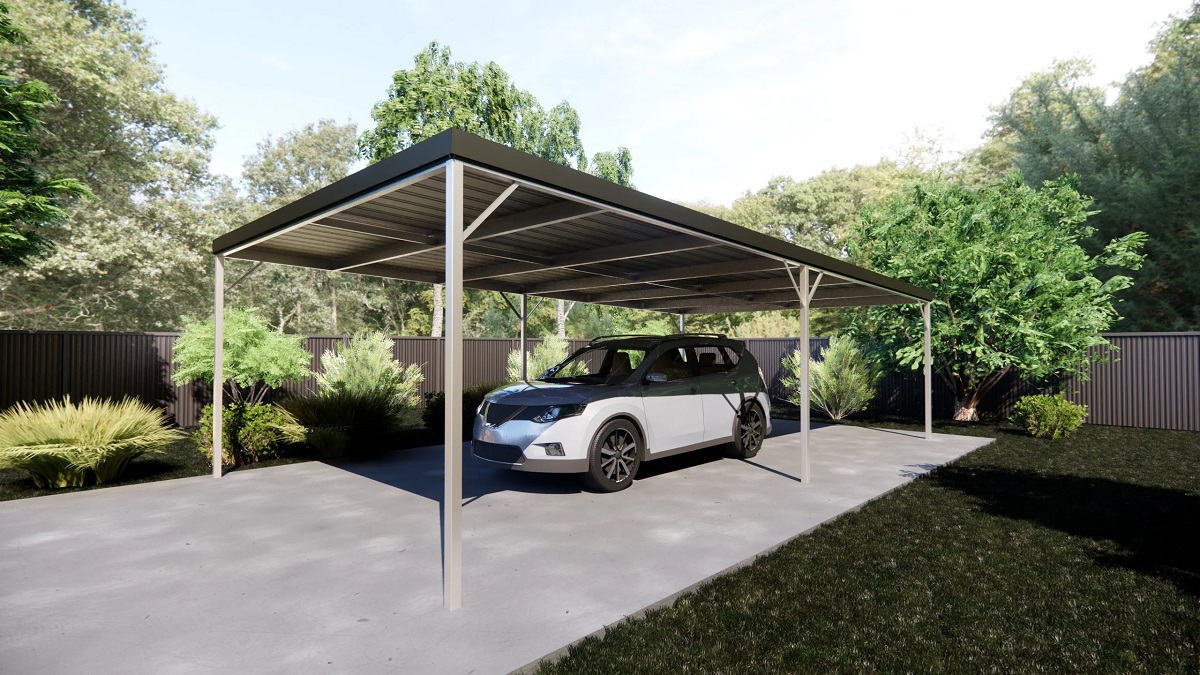
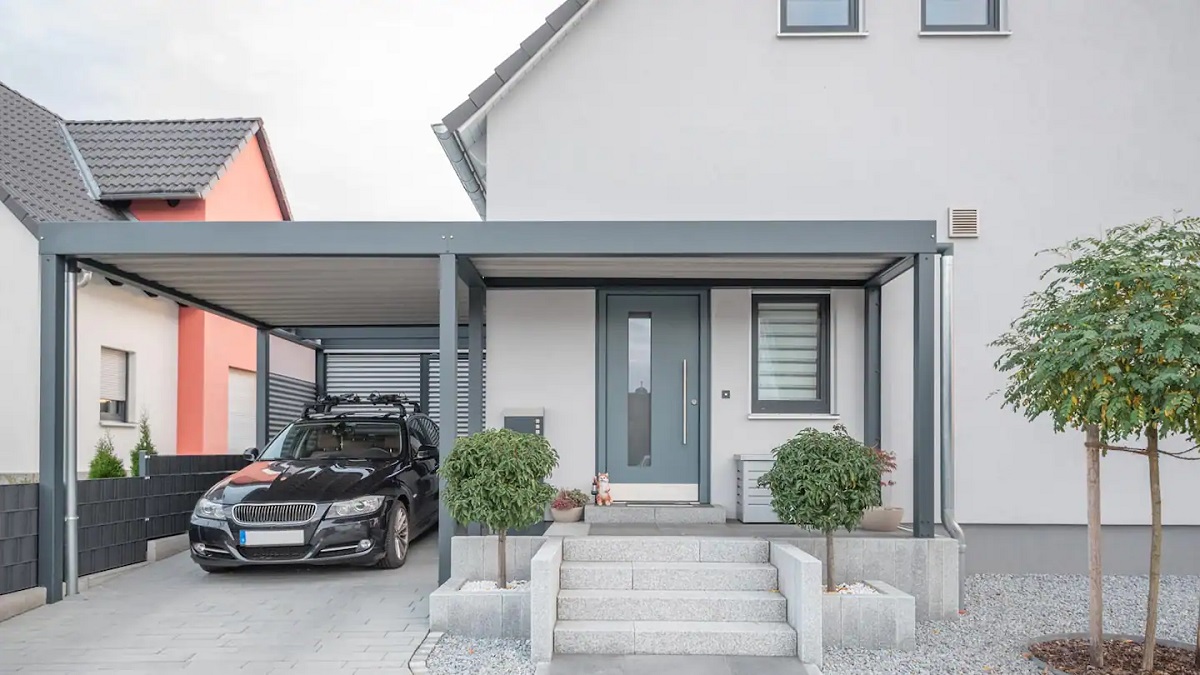
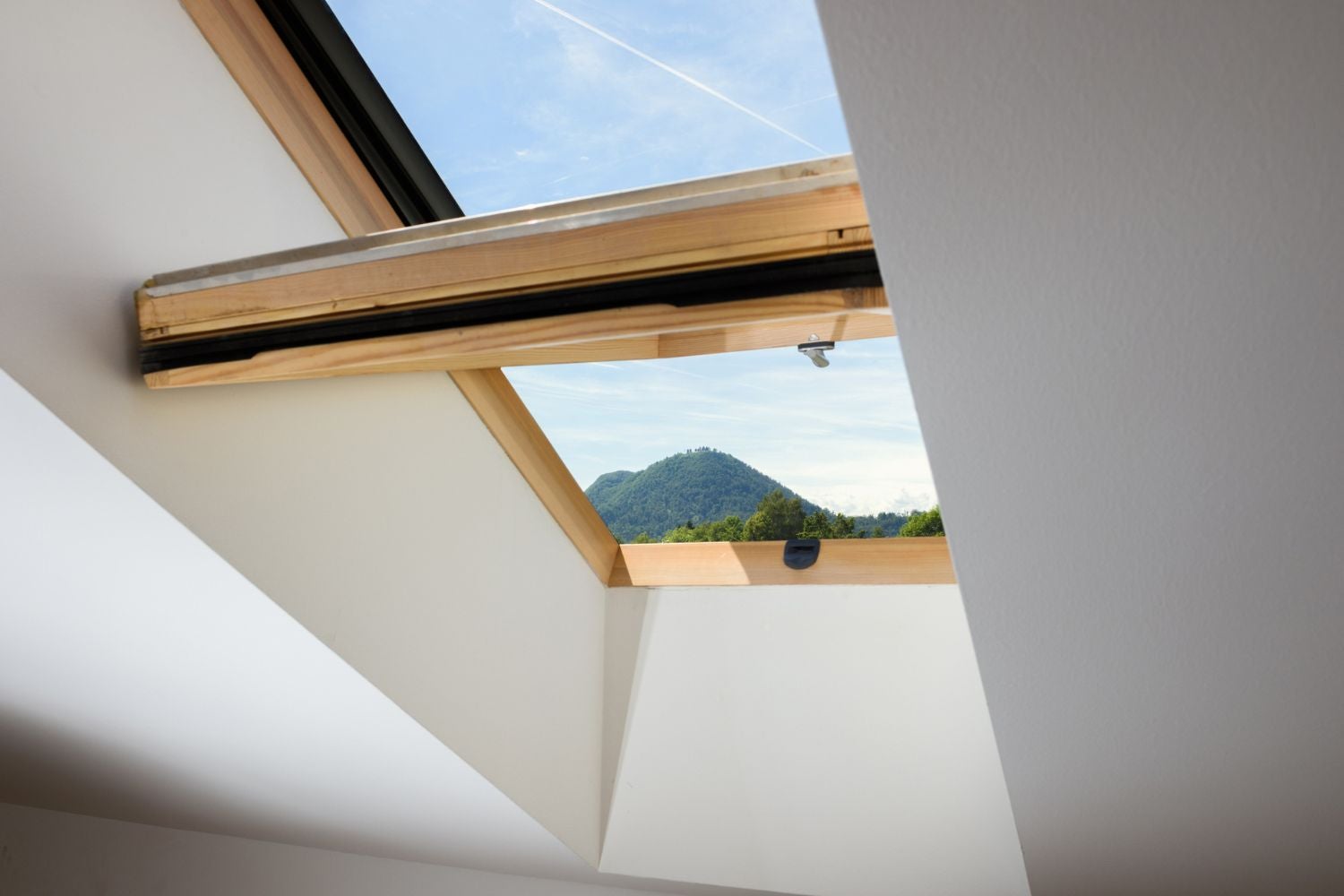
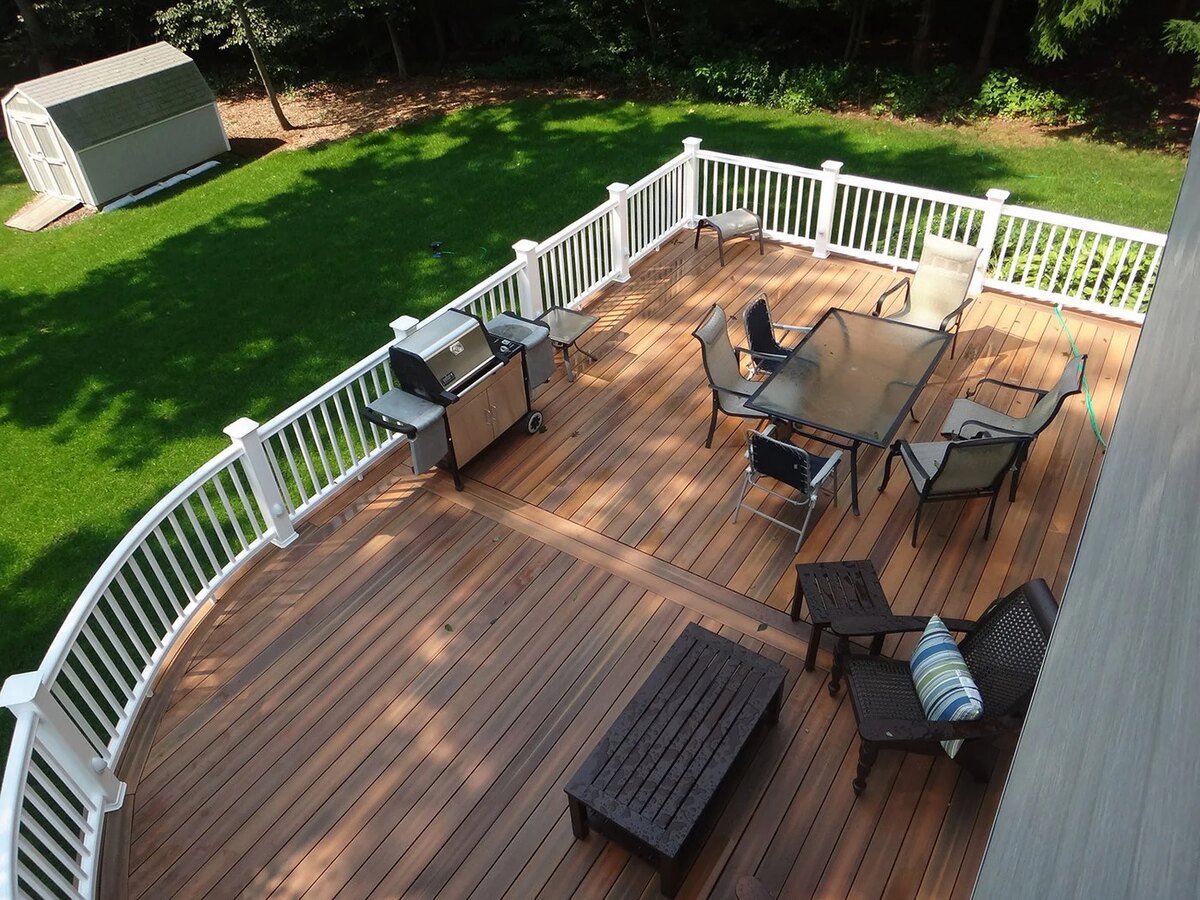
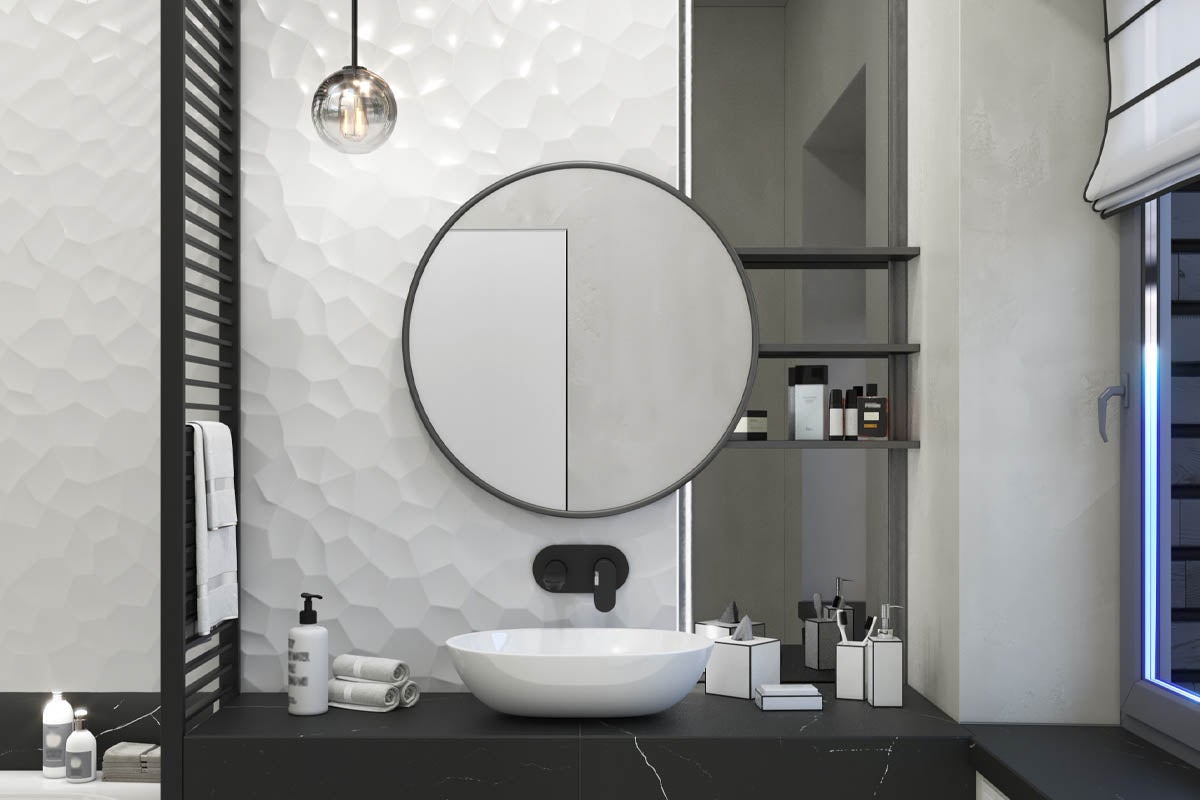
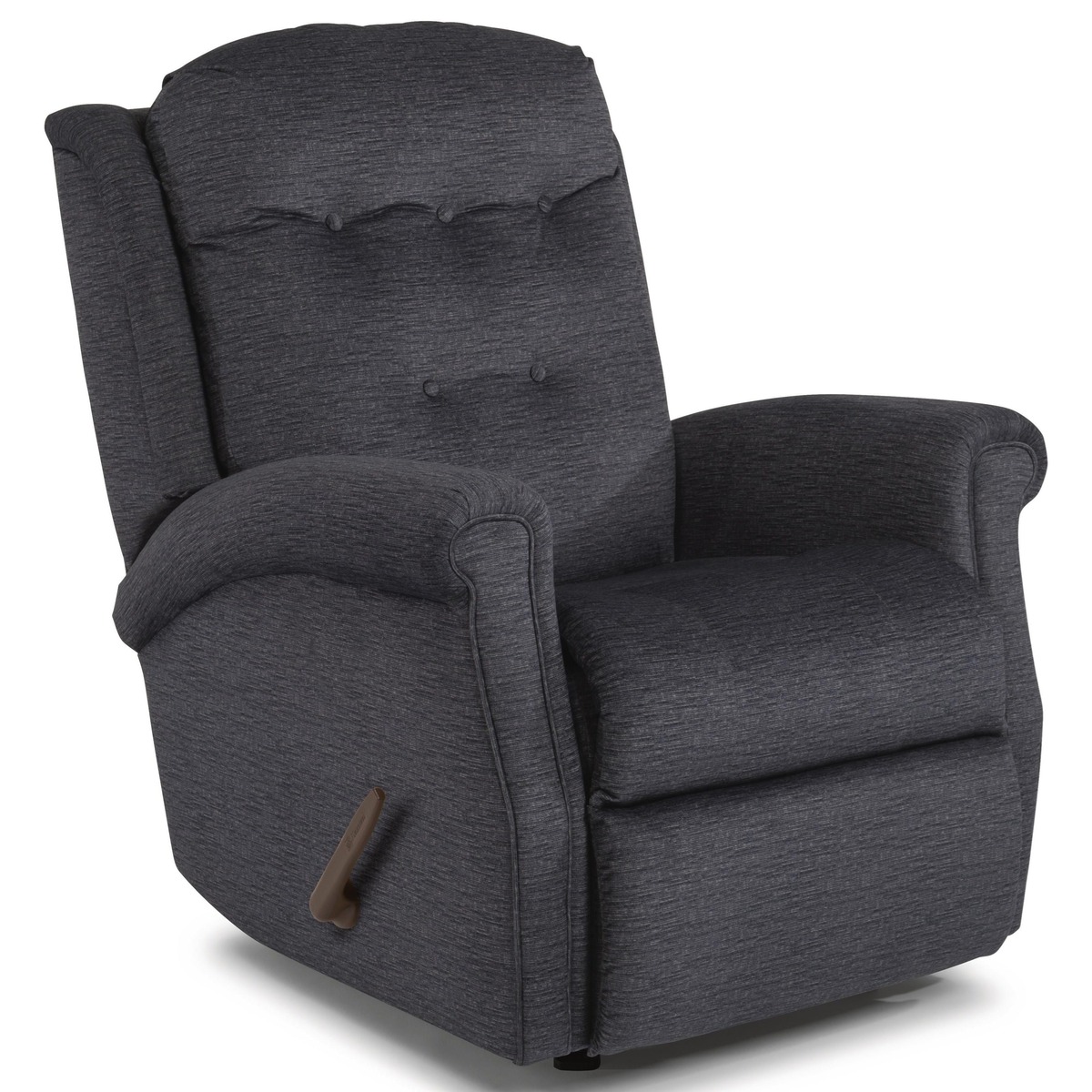

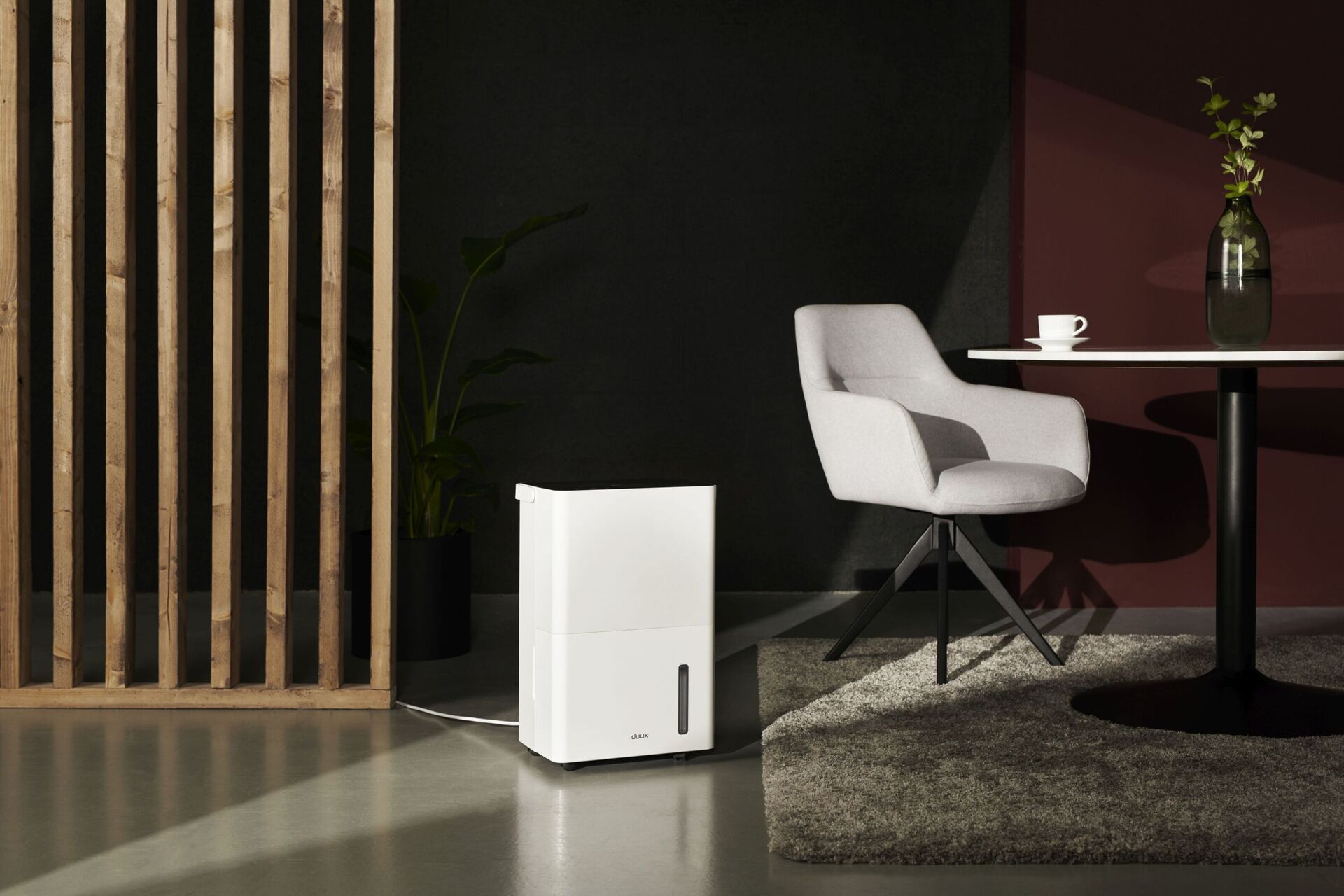
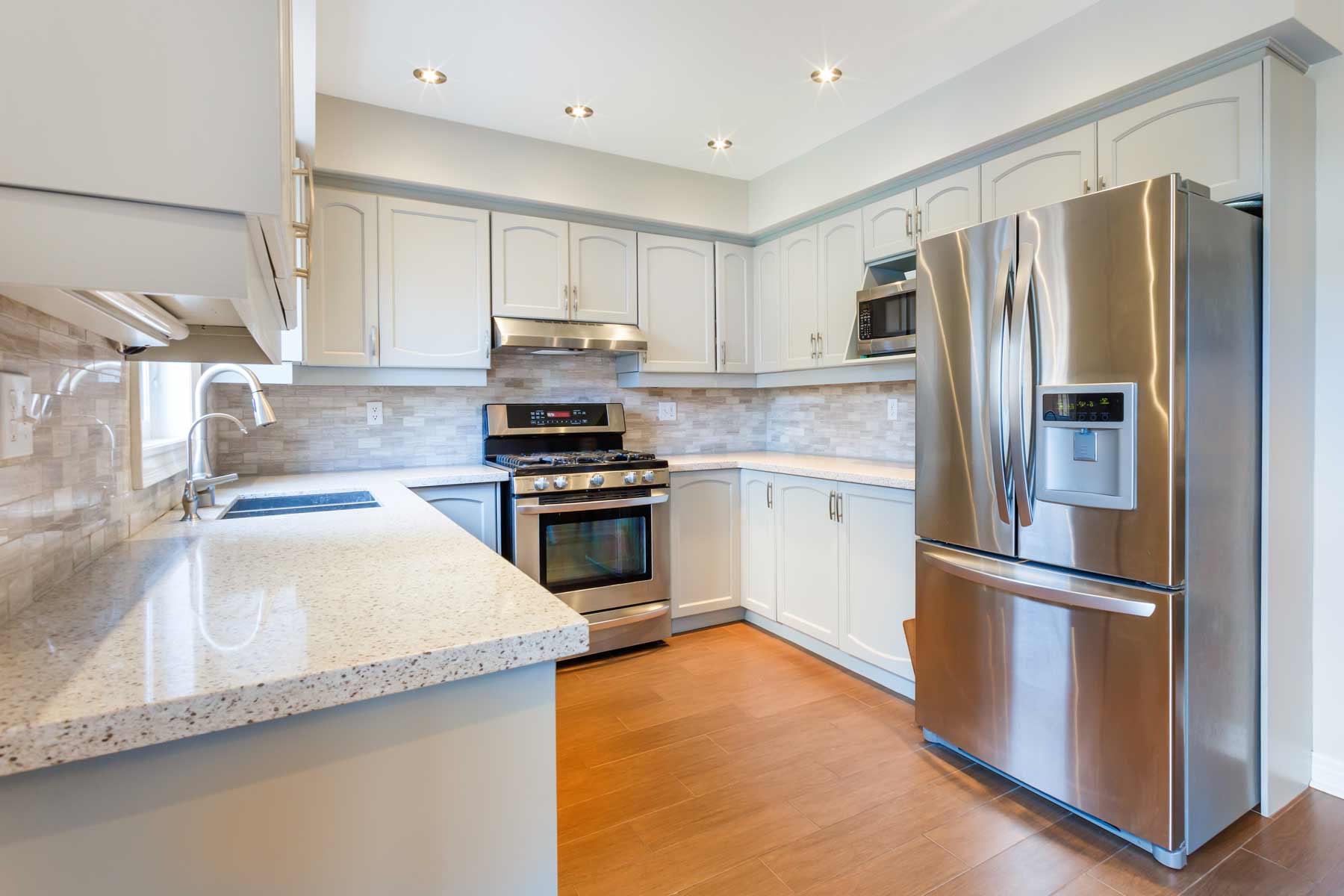
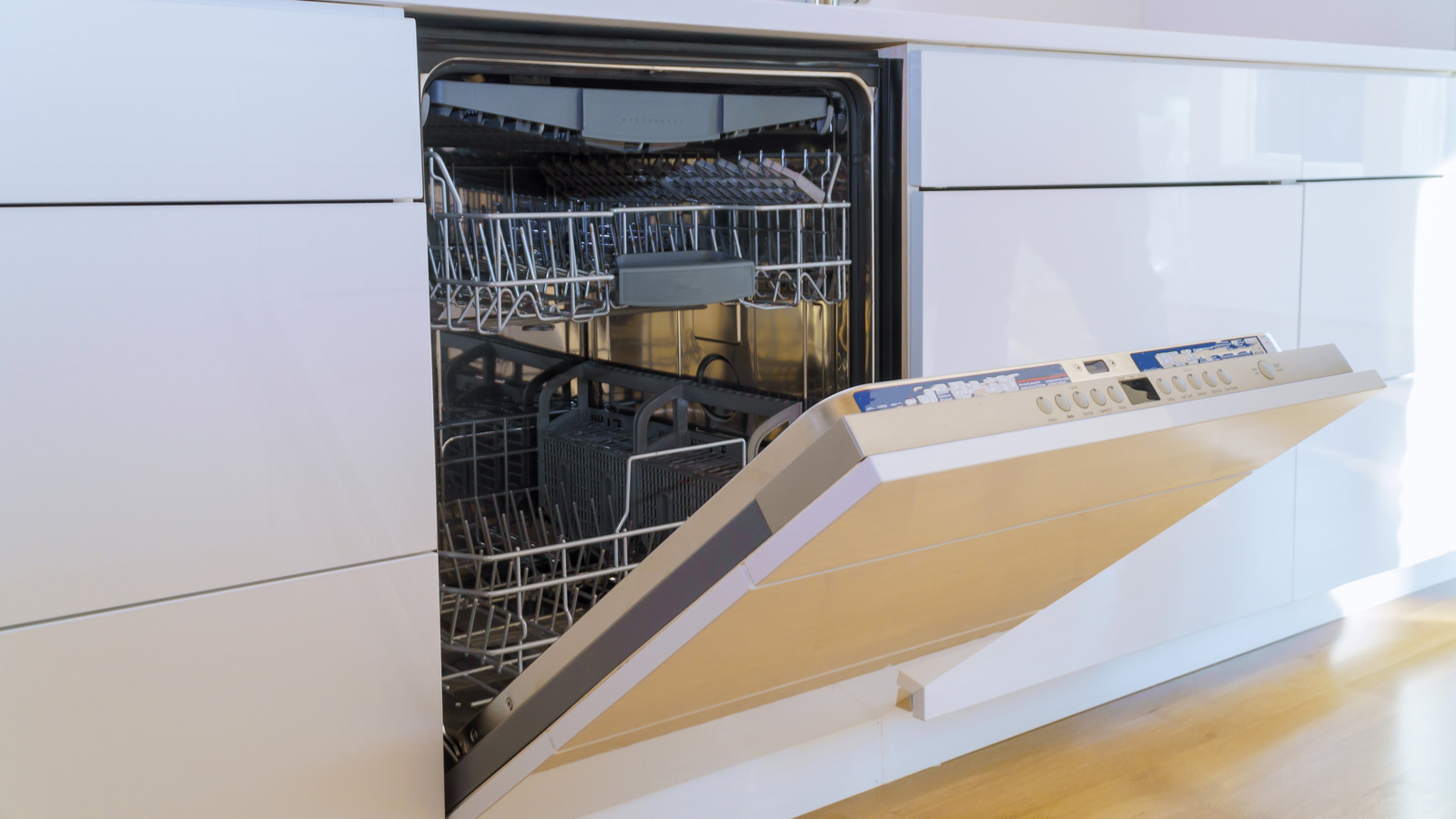
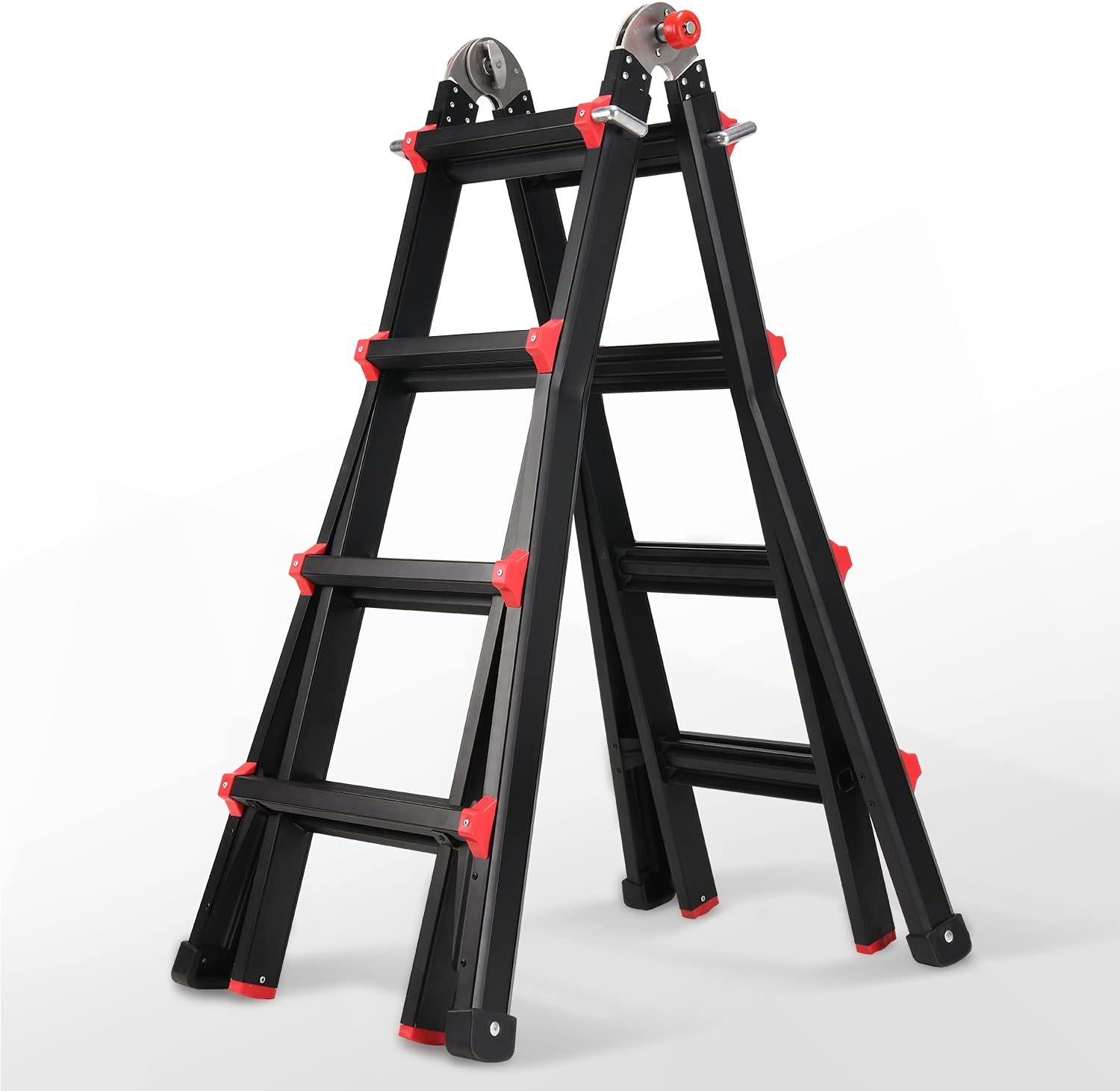



0 thoughts on “How Much Does A Carport Cost”